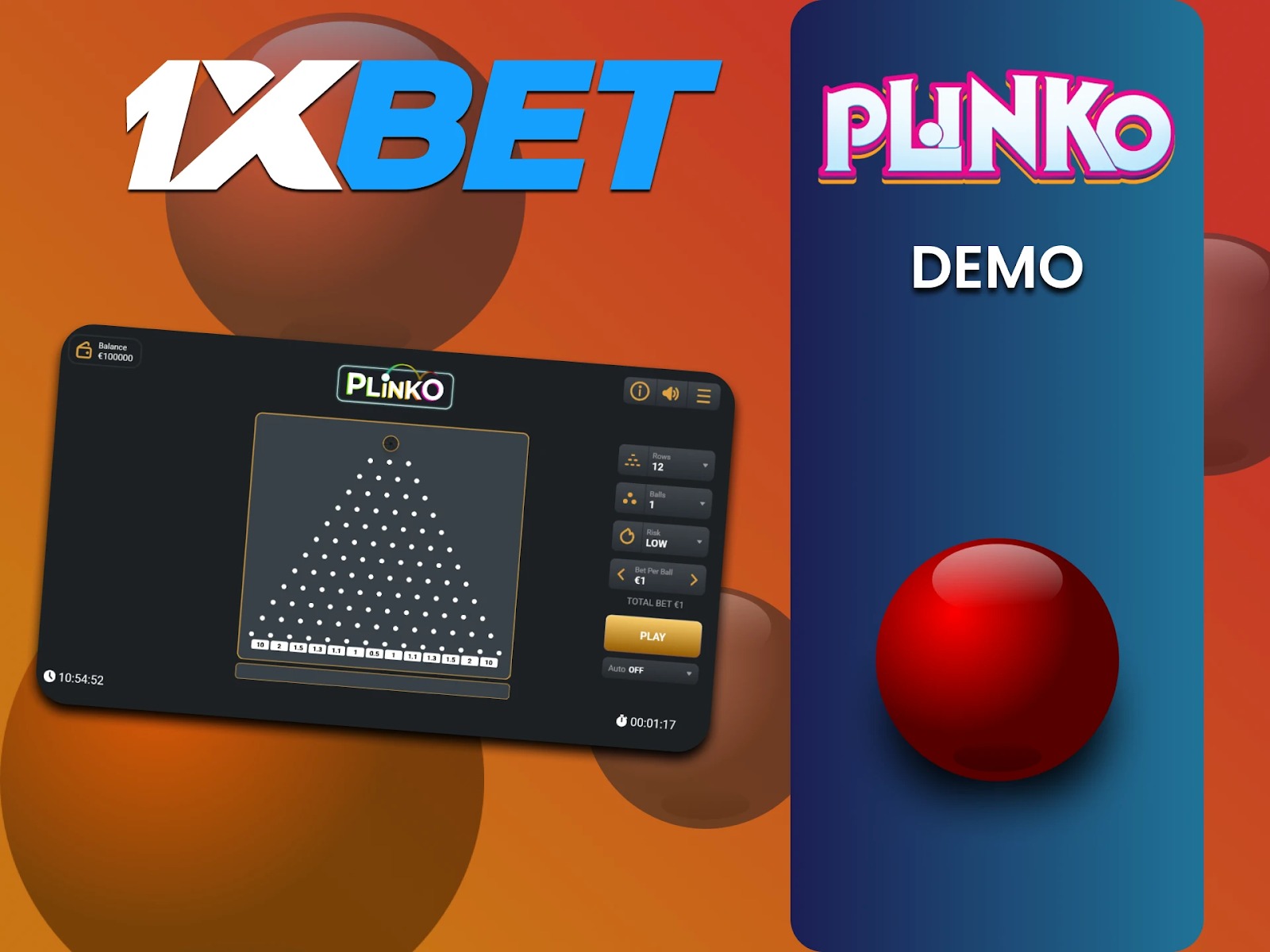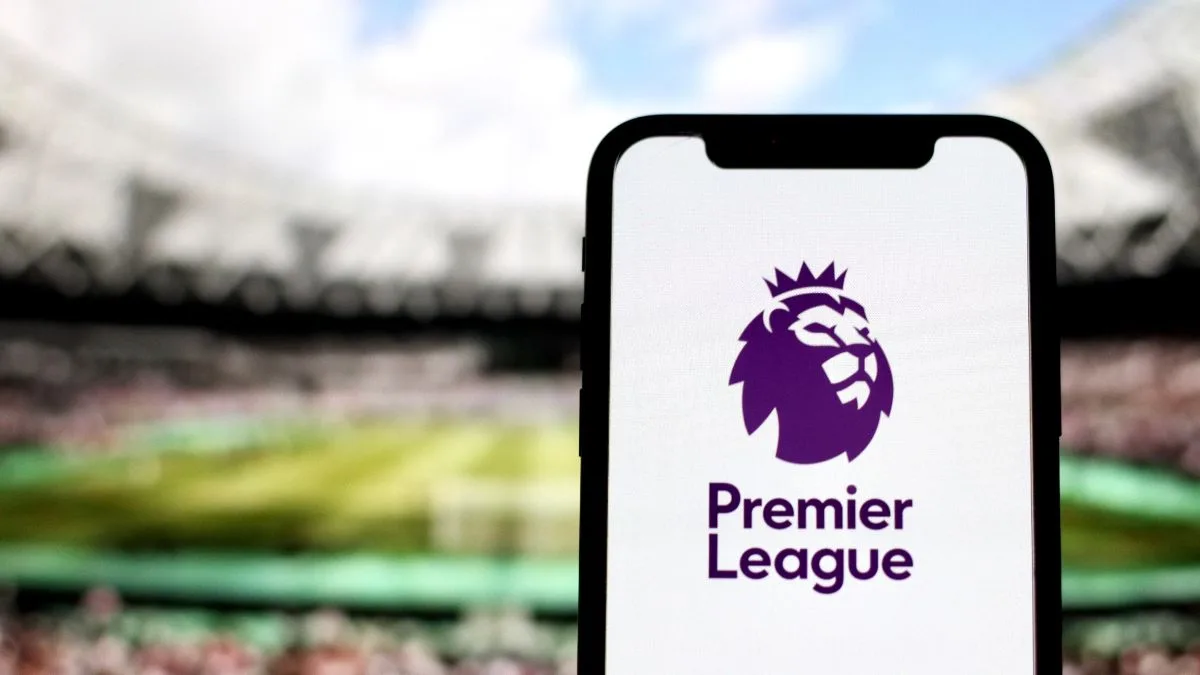Signal Iduna Park stands as the soul of Borussia Dortmund and a symbol of football passion in Germany. With its electric crowd and iconic Yellow Wall, this stadium has become a dream destination for anyone who loves the game.
Signal Iduna Park did not reach its glory overnight. Its story is one of ambition, innovation, and devotion to football.
The stadium first opened in 1974 under the name Westfalenstadion, built to host matches for the FIFA World Cup that year. It was constructed using funds donated by local citizens and quickly became a symbol of Dortmund’s unity. Over the years, several expansions increased its capacity to more than 81,000 seats, making it the largest football stadium in Germany.
Renamed Signal Iduna Park in 2005 for sponsorship reasons, it retained its heart and character. Fans still call it Westfalenstadion with pride, keeping the historic name alive in chants and songs. Today, it stands as one of Europe’s most visited and admired football venues.
Over the decades, the stadium has witnessed legendary nights. From Borussia Dortmund’s dramatic Champions League matches to Germany’s international fixtures, each event has added another layer to its myth. The 1997 Champions League semifinal, where Dortmund advanced to the final, remains one of the loudest nights ever recorded.
Signal Iduna Park is also known for its unforgettable European fixtures and classic Bundesliga clashes. Fans across Vietnam can experience this energy through live football stream ThapCamTV, where every goal and chant feels alive.
At the core of Signal Iduna Park’s fame lies its fans. The Yellow Wall on the South Stand is not just a sight but an emotion that defines the entire club.
The Yellow Wall, officially called the Südtribüne, holds more than 25,000 standing supporters. Dressed in yellow and black, they create a wall of energy that drives the team forward. The coordination of flags, chants, and songs is spontaneous yet perfectly in sync, showing the unity of the Dortmund community.
Every home game feels like a celebration of loyalty. The connection between the players and fans is deep, turning the stadium into a living, breathing organism of football passion.
Generations of fans have passed down traditions within the Yellow Wall. Families gather hours before kick-off, singing old songs and sharing memories of great matches. Many say that standing on the Südtribüne is an unforgettable life experience, where emotions overflow with every chant.
As football expert Tuan Anh once described, the Yellow Wall is more than a stand; it is the rhythm of Dortmund’s soul. His words capture the sentiment that every football enthusiast feels when facing that sea of yellow.
Matchdays in Dortmund are like festivals. The area around the stadium fills with supporters, food stalls, and music. As the players walk out, the entire crowd sings “You’ll Never Walk Alone,” shaking the structure itself. When Dortmund scores, the sound can be heard miles away.
Visitors often remark that no television broadcast can fully capture the sensation of being there in person. The unity of tens of thousands chanting together remains unmatched in modern football.
Signal Iduna Park extends its influence far beyond the pitch. It represents the city’s pride, culture, and identity.
Dortmund was once an industrial hub built on coal and steel. When those industries declined, football became the binding force of the community. Signal Iduna Park gave the people hope and identity. It stands as a monument to perseverance, mirroring the spirit of its supporters who never stop believing.
For locals, it is not just a stadium but a second home. Every match reflects their daily struggle and joy, making it a living museum of passion and pride.
Borussia Dortmund has invested heavily in maintaining the stadium’s reputation as a modern football fortress. The club introduced eco-friendly measures such as energy-efficient lighting, waste reduction, and accessibility improvements for all fans.
Digital ticketing systems and improved Wi-Fi connectivity enhance the matchday experience while keeping traditions intact. The goal is to make Signal Iduna Park sustainable for the next generation without losing its historic atmosphere.
Signal Iduna Park is more than a football ground. It is the heartbeat of Dortmund, the pride of its people, and a timeless reminder of what passion can build. Whether you stand in the Yellow Wall or watch from afar, its spirit reaches every corner of the football world.




Want to add a comment?